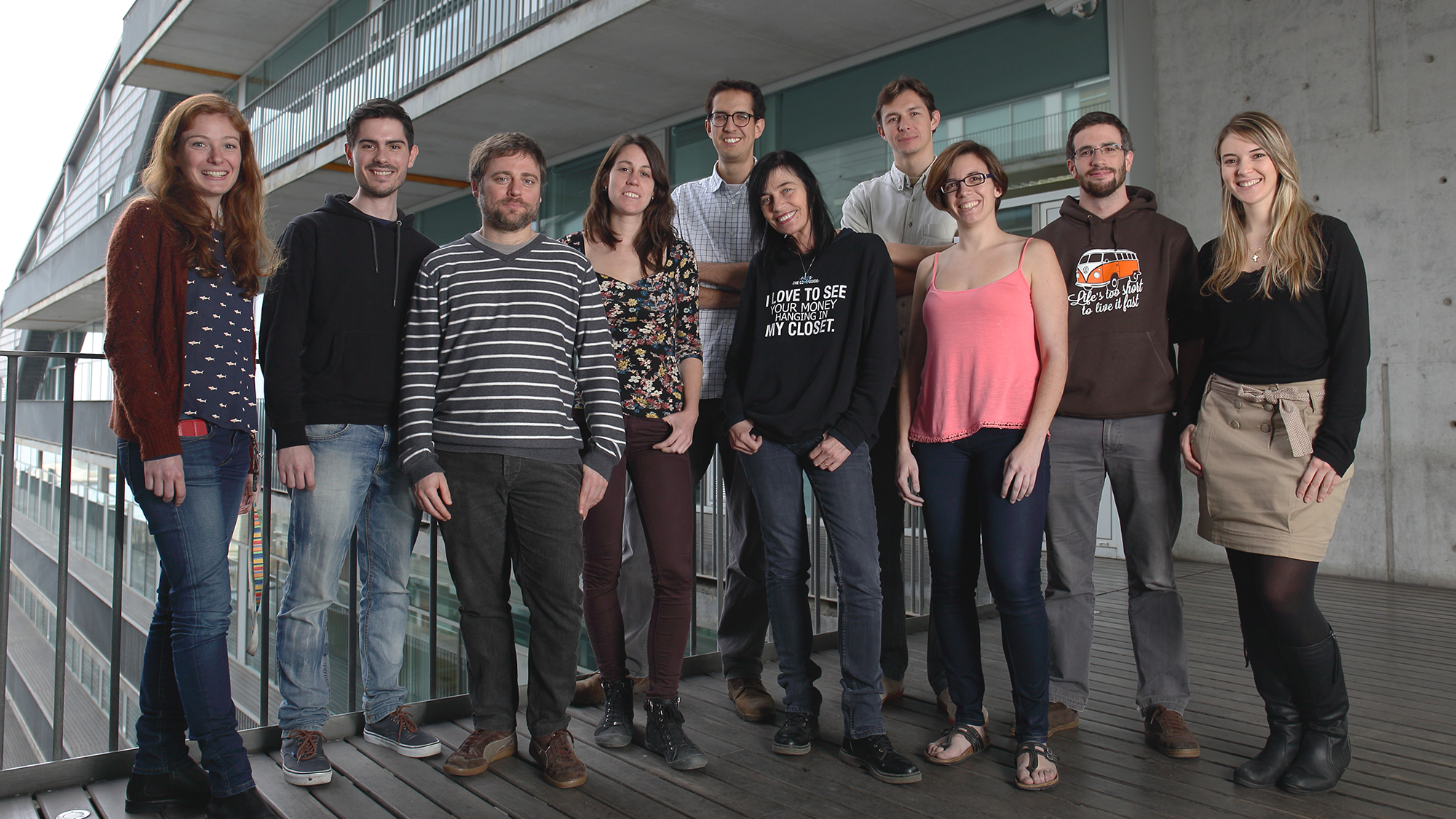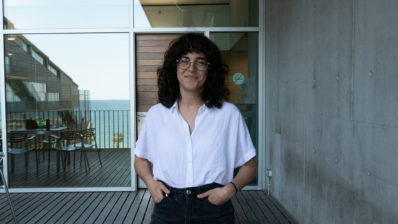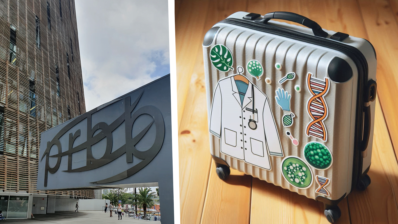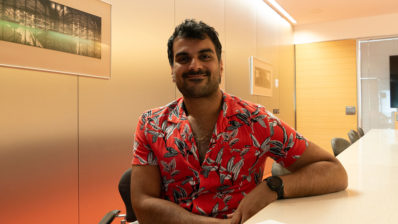Neurobiologist Mara Dierssen is excited. For more than twenty years she has been working to improve the quality of life of people with Down syndrome and now she is very close to taking a major step forward. “We are about to publish the results of a clinical trial for a treatment that significantly improves their cognitive ability”, she explains. The Phase II trial, conducted at the Barcelona Biomedical Research Park (PRBB) in collaboration with Rafael de la Torre from the Hospital del Mar Medical Research Institute (IMIM) and doctors from the Hospital del Mar, has obtained very good results.
Her group at the Centre for Genomic Regulation (CRG), where Dierssen has been working since 2002, has spent years studying the brain mechanisms involved in learning and memory, and how these are affected in cognitive disorders, especially Down syndrome. “There is no greater satisfaction than seeing the knowledge we generate improving people’s lives,” says the researcher. Her group works closely with Down syndrome associations. “Often they are the ones who contact us. After so many years working in the field, everyone knows us, we are a reference for them, even prescribers”, says the group leader.
For more than twenty years, Mara Dierssen has been working to improve the quality of life of people with Down syndrome and now she is very close to taking a major step forward
Research with immediate effect
Indeed, the best thing about her research, she says, is that it has an immediate translation. “The component we have found that improves cognitive ability is a nutraceutical, meaning it has a ‘pharmaceutical’ action, but is a nutritional supplement, not a drug. Therefore, it is not subject to the strict regulations of drugs and people can start taking it immediately”, she explains excitedly. The nutraceutical in question is EGCG, epigallocatechin gallate, an antioxidant component of green tea. The parents of the people who participated in the clinical trial asked the researchers how they could continue taking it after seeing the good results. The researchers contacted different companies and one of them has produced a chocolate flavoured “EGCG-shake”, which can be bought in pharmacies.
The component we have found that improves cognitive ability is a nutraceutical, meaning it has a ‘pharmaceutical’ action, but is a nutritional supplement, not a drug.
Mara Dierssen
But the treatment does not only consist of taking EGCG, it also includes cognitive stimulation. “We have seen that in mice, environmental enrichment – putting ‘toys’ in their cages to stimulate them – improves cognitive ability by normalising the activity of an enzyme, Dyrk1A kinase, that is deregulated in Down syndrome”, explains Dierssen. EGCG does the same thing, it normalises the kinase. The combined effect – stimulating and directly providing EGCG – has proven to enhance the effectiveness.
The participants in the clinical trial followed the treatment for a year, and its effect was measured through various neuropsychological and neuroimaging tests. The latter showed changes in the architecture of the dendritic tree, in other words, the complexity and connections of the neurone endings. Now the researchers wonder whether this change in structure is the cause or consequence of cognitive improvement and whether these local changes may have an effect throughout the brain. “Since the brain works as a whole, it is important to show whether a local change has a general functional effect”, says Dierssen.
A multidisciplinary and collaborative group
Her group of nine people also works as a whole. They use mice models and cell cultures up to individuals, and neuroimaging to computational analysis of proteomic data. To do so they collaborate with various groups at the PRBB: Eduard Sabidó, Cédric Notredame and James Sharpe from the CRG; Rafael Maldonado from the Department of Experimental and Health Sciences, Pompeu Fabra University (DCEXS-UPF); and particularly Rafael de la Torre from the IMIM, with whom they carried out the clinical trial involving almost 100 people.
Dierssen and de la Torre now want to repeat the trial with children. “They have much greater neuronal plasticity, more flexibility. If it works so well in people over 16, we believe that in children it will be even more effective; also, childhood is the ideal time to treat people”, says the scientist.







